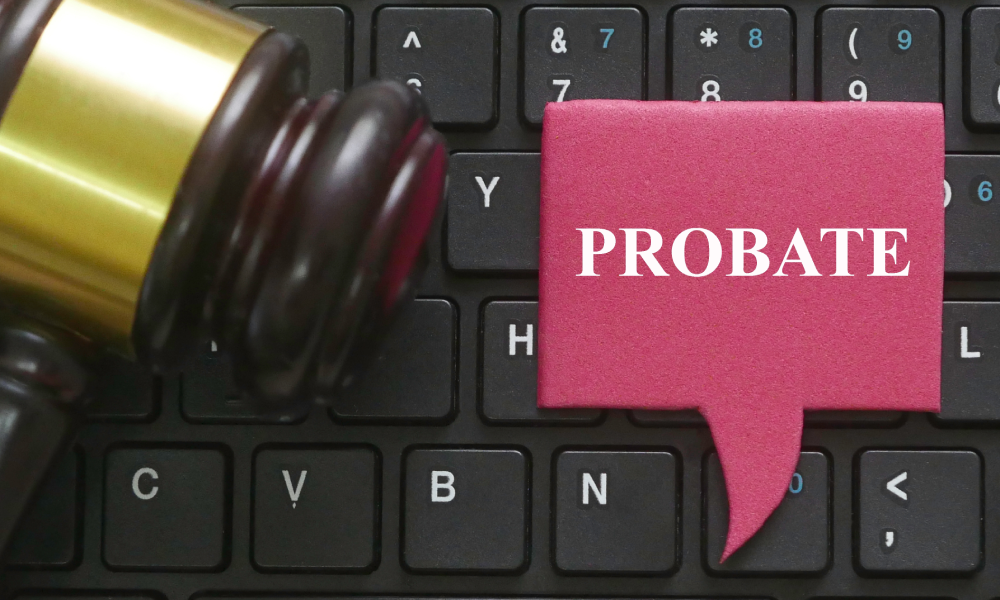

Probate is the judicial process whereby a will is "proved" in a court of law and accepted as a valid public document that is the true last testament of the deceased, or whereby the estate is settled according to the laws of intestacy in the state of residence of the deceased at time of death in the absence of a legal will.
The granting of probate is the first step in the legal process of administering the estate of a deceased person, resolving all claims and distributing the deceased person's property under a will. A probate court decides the legal validity of a testator's (deceased person's) will and grants its approval, also known as granting probate, to the executor. The probated will thenbecomesa legal instrument that may be enforced by the executor in the law courts if necessary. A probate also officially appoints the executor (or personal representative), generally named in the will, as having legal power to dispose of the testator's assets in the manner specified in the testator's will.
A will or testament is a legal document that explains the last wishes of someone after they die.[1] It is sometimes called a "last will and testament".[2]
A person writes a will and testament before they die, and usually writes what they want to happen to their estate (money and their things) after they die. A will may also provide for other issues including,
• Stating preferences for funeral arrangements,
• Designating a guardian for a minor child,
• Preventing will contests,
• Making gifts to charities.[1]
When a person passes away, the person's will may be probated, meaning that a probate court will authorize a representative to carry out the deceased person's wishes.[3] Depending upon where probate occurs, the representative may be called a personal representative, executor or administrator.[3]